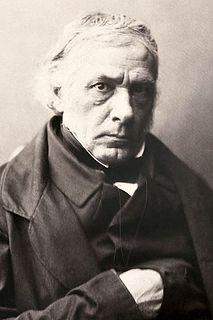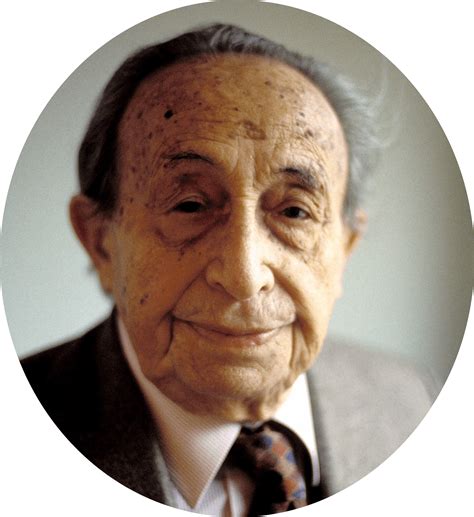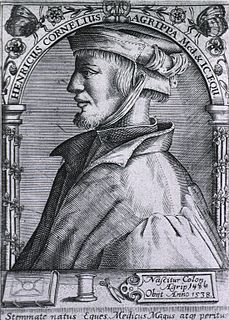A Quote by Victor Cousin
When we read with attention the poetical and philosophical monuments of the East--above all, those of India, which are beginning to spread in Europe--we discover there many a truth, and truths so profound, and which make such a contrast with the meanness of the results at which European genius has sometimes stopped, that we are constrained to bend the knee before the philosophy of the East, and to see in this cradle of the human race the native land of the highest philosophy.
Quote Topics
Related Quotes
In philosophy, when we make use of false principles, we depart the farther from the knowledge of truth and wisdom exactly in proportion to the care with which we cultivate them, and apply ourselves to the deduction of diverse consequences from them, thinking that we are philosophizing well, while we are only departing the farther from the truth; from which it must be inferred that they who have learned the least of all that has been hitherto distinguished by the name of philosophy are the most fitted for the apprehension of truth.
Talking about creating truth tends to alarm people, because truth is meant to be 'just out there'. It doesn't take much thinking to appreciate that we sometimes change truths on the ground - sometimes just by words. A new law will change what is possible. I think - perhaps because the paradigm we follow tends to be scientific, and all about discovery - the creative element of truth is one upon which we don't focus so much attention. This is particularly so in anglophone philosophy, perhaps because we associate it too much with those 'pernicious' continental trends.
Natural Magick is taken to be nothing else, but the chief power of all the natural Sciences; which therefore they call the top and perfection of Natural Philosophy, and which is indeed the active part of the same; which by the assistance of natural forces and faculties, through their mutual & opportune application, performs those things that are above Human Reason.
One can delineate the domain of philosophy however one likes, but in its search for truth, philosophy is always concerned with human existence. Authentic philosophizing refuses to remain at the stage of knowledge […]. Care for human existence and its truth makes philosophy a 'practical science' in the deepest sense, and it also leads philosophy—and this is the crucial point—into the concrete distress of human existence.
Philosophy aims at the logical clarification of thoughts. Philosophy is not a body of doctrine but an activity. A philosophical work consists essentially of elucidations. Philosophy does not result in 'philosophical propositions', but rather in the clarification of propositions. Without philosophy thoughts are, as it were, cloudy and indistinct: its task is to make them clear and to give them sharp boundaries.
Philosophy is to be studied, not for the sake of any definite answers to its questions, since no definite answers can, as a rule, be known to be true, but rather for the sake of the questions themselves; because these questions enlarge our conception of what is possible, enrich our intellectual imagination and diminish the dogmatic assurance which closes the mind against speculation; but above all because, through the greatness of the universe which philosophy contemplates, the mind is also rendered great, and becomes capable of that union with the universe which constitutes its highest good.
One of the things I want to do in the book is to explore how philosophy can be done in literature. I start doing that in the first chapter, by introducing the idea of "philosophy by showing". What literature/philosophy shows is how to look at some important facets of life in a new way, thus changing the frame in which subsequent philosophical argument proceeds.









































